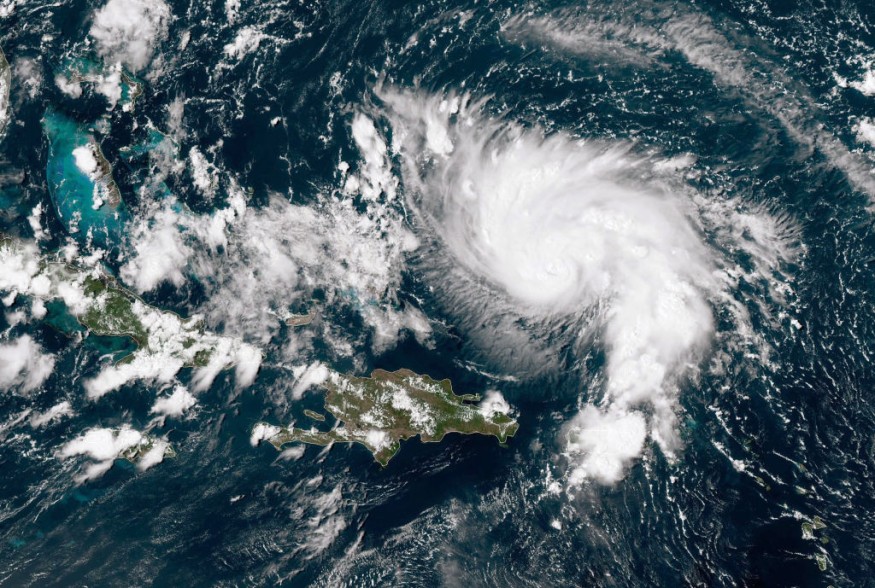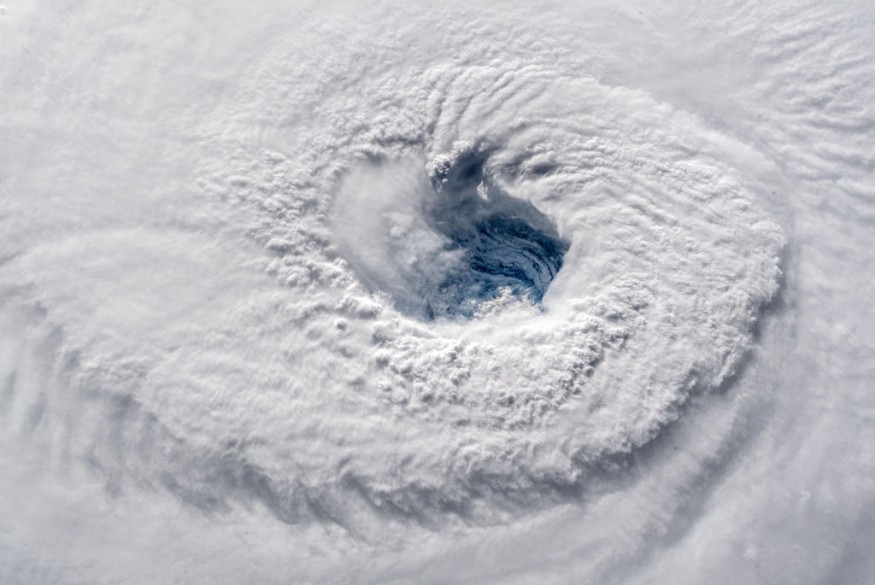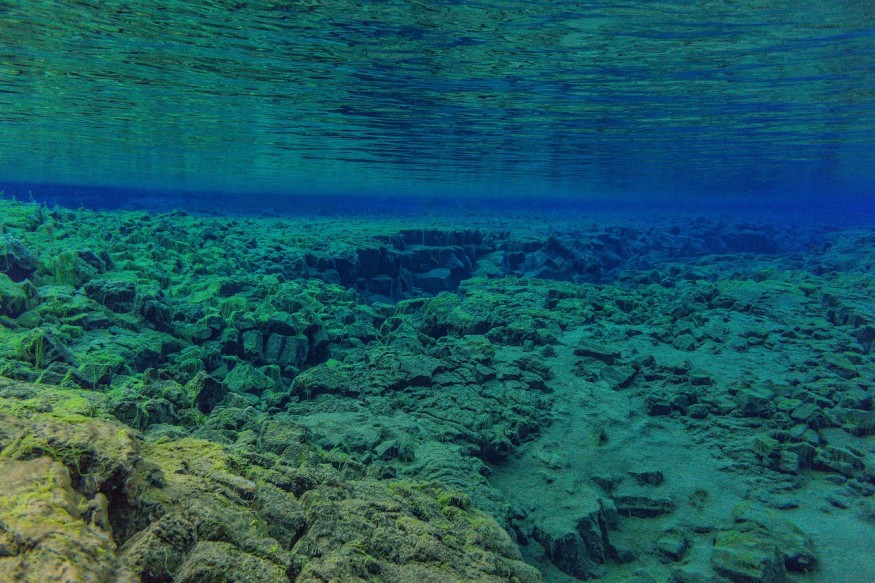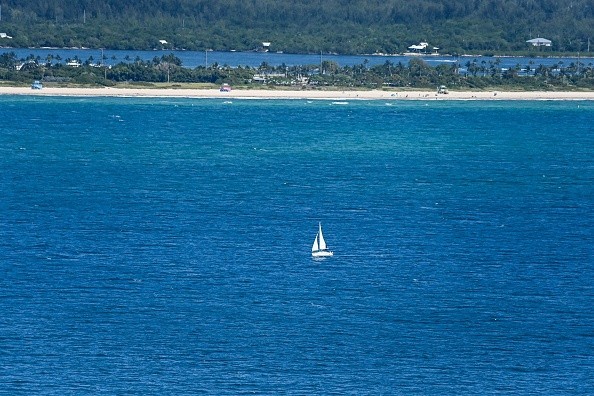Climate scientists have discovered evidence of the Gulf Stream collapsing, one of the planet's major potential tipping points.
Catastrophic Consequences

Such an event would have devastating global effects, interrupting the rains on which billions of people rely for food in India, South America, and West Africa; intensifying storms and decreasing temperatures in Europe; and rising sea levels in eastern North America. It would also put the Amazon jungle and Antarctic ice sheets in jeopardy.
For the time being, it is difficult to predict the date of any collapse due to the intricacy of the AMOC system and uncertainties about future degrees of global warming.
It might happen in the next decade or two, or it could take decades. However, because of the massive consequences, the experts believe it should never be permitted to happen.
AMOC Collapse

"The symptoms of destabilization being apparent now is something I wouldn't have imagined and that I find frightening," said Niklas Boers, a researcher at Germany's Potsdam Institute for Climate Impact Research. "It's something you simply can't let happen."
According to him, the exact CO2 amount that would cause an AMOC collapse is unknown. "The only option is to reduce emissions as much as possible. With every gram of CO2, we emit into the atmosphere, the chances of this potentially high-impact catastrophe occurring increase."
Related Article : The Gulf Stream is Slowly Approaching a 'Tipping Point,' and It May Eventually Vanish
Tipping Points

Tipping points - tremendous, rapid, and irreversible shifts in the climate - are causing increasing alarm among scientists. For example, in May, Boers and his colleagues revealed that a large portion of the Greenland ice sheet is on the verge of melting, posing a significant hazard to global sea-level rise.
Others have recently demonstrated that the Amazon rainforest now emits more CO2 than it absorbs and that the 2020 Siberian heatwave resulted in alarming methane emissions.
According to a 2019 study, the globe has already passed through a series of tipping points, posing an "existential threat to civilization." The Intergovernmental Panel on Climate Change is slated to release a critical report on Monday that will detail the worsening condition of the climate catastrophe.
"Observation-based early-warning signs indicate a collapse of the AMOC," according to Boer's research, which was published in the journal Nature Climate Change. The AMOC has two states, according to ice-core and other evidence from the previous 100,000 years: one that is rapid and powerful, as witnessed throughout recent millennia, and one that is sluggish and feeble.
According to the research, rising temperatures can cause the AMOC to flip states rapidly over one to five decades.
AMOC Status

The AMOC is caused by thick, salty seawater sinking into the Arctic Ocean, but freshwater melting from Greenland's ice sheet slows the process down sooner than climate models predicted.
To demonstrate how variations in ocean temperature and salinity might expose the AMOC's instability, Boers used the example of a chair. If all four legs stay on the floor, pushing a chair changes its position but does not affect its stability. The chair's posture and stability vary as it is tilted.
Boers proved that global warming is increasing the instability of the currents, not only changing their flow pattern, using eight independently recorded datasets of temperature and salinity dating back 150 years.
"This reduction [of the AMOC in recent decades] may be connected with an almost total loss of stability during the previous century, and the AMOC might be near to a crucial shift to its weak circulation mode," the research found.
"The study technique cannot offer us a specific timeframe of a probable collapse, but the analysis gives indications that the AMOC has already lost stability," said Levke Caesar of Maynooth University in Ireland. He was not involved in the research.
"The study method cannot give us an exact timing of a possible collapse," said Levke Caesar of Maynooth University in Ireland, who was not involved in the research. "However, the analysis presents evidence that the AMOC has already lost stability, which I take as a warning that we may be closer to an AMOC tipping than we think."
"These signals of declining stability are concerning," said David Thornalley of University College London in the United Kingdom, whose research revealed the AMOC is at its lowest point in 1,600 years. However, we still don't know whether or not a collapse will occur or how near we are to it."
For more environmental news, don't forget to follow Nature World News!
© 2025 NatureWorldNews.com All rights reserved. Do not reproduce without permission.





